Audio
Powerd NewsWrap 2nd July 2025
Powerd NewsWrap by
Emma Myers2 seasons
2nd July 2025
16 mins
Brought to you by the Disability Media Australia, the Powerd Newswrap presents articles from the powerd.media website, along with discussions of the related topics.
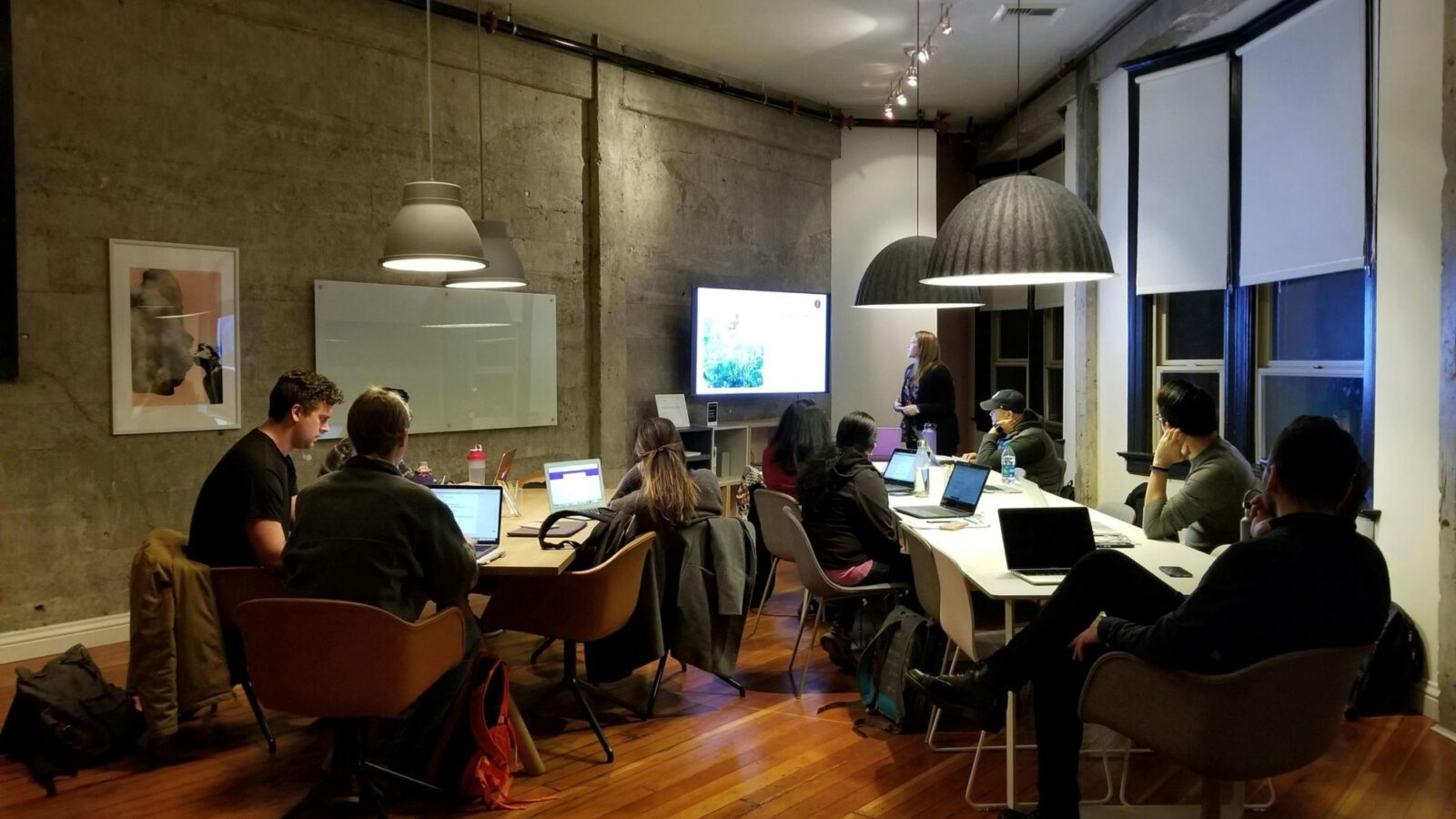
This week on the Powerd Newswrap
Sam Rickard is joined by Emma Myers, Powerd Media’s Disability and Political Reporter, to discuss the issues of the week and present the latest articles from https://powerd.media/
This week’s articles read by Cameron Stark:
Leading disability representatives offer recommendations for new NDIS assessment model: https://powerd.media/news/leading-disability-representatives-offer-recommendations-for-new-ndis-assessment-model
Disability advocates demand action after systemic failings revealed: https://powerd.media/news/disability-advocates-demand-action-after-systemic-failings-revealed
Funding for Foundational Supports missing from State budgets: https://powerd.media/news/funding-for-foundational-supports-missing-from-state-budgets
This program is brought to you by Disability Media Australia.
Vision Australia ID 0:00
Welcome to a Vision Australia radio podcast. Love our podcasts. Why not listen to us live, tune in anywhere, anytime, ask your smart device to play Vision Australia radio or visit va radio.org
Speaker 1 0:21
on the Vision Australia and reading radio network. So this is the powered news wrap.
Sam Rickard 0:26
G'day, I'm Sam Ricard. It's the second of July, 2025 we're presenting articles from the powered dot media website. And of course, joining me, as usual, is the writer of these articles, Emma Myers. G'day, Mr. Hello. More on the NDIS, really? Surprise. Surprise.
Emma Myers 0:41
Yeah, when will we ever get to talk about something other than the NDIS? So recently, 13 disability representative organizations put forward a list of recommendations to aid the Albanese government in its transition to a new human rights space needs assessment model, because what we're now seeing in the disability sector is kind of this rise in wanting decisions made around our lives to be made in a human rights based light, rather than the social model of disability, which has been the go to way of decision making up until recently.
Sam Rickard 1:34
So I'm surprised that there actually was a process to decision making up, to be perfectly honest. I mean, there's been some rather fascinating decisions that I've heard anecdotally, at least. I mean, what does that really mean for, say, the NDIS client at the end of the day, really? I mean, what? What would that actually mean when, when you're dealing with, say, an area coordinator or something like
Emma Myers 1:54
that, it means that the person making these decisions, whatever, it may be, in regards to the client or participant, needs to look at the individual as a whole person, not just part of their life or part of their situation.
Sam Rickard 2:16
Well, I mean, I've, I've been really, lucky is that the people I've been dealing with have really done that already. So I suspect what that basically means is it's, again, one of those cases where they're trying to fix problems that shouldn't have existed in the first place. But anyway, let's dive straight into the news as read by our news reader for the week, it's Cameron Stark,
Speaker 1 2:39
thank you, Sam. Disability Advocacy organizations nationwide have banded together to demand the National Disability Insurance Scheme, or the NDIS accept recommendations which seek to improve assessment processes within the scheme. Up until recently, the NDIS has used the social model of disability as a way of designing and providing services to participants. The social model of disability is the term for what the Australian Federation of disability organizations claims is based on the view that people are disabled by barriers in society. Now the National Disability Insurance Agency, the NDIA, is modifying the ways in which the scheme gathers information about the support people with a disability need moving to a whole person approach. Considering this, 13 disability representative organizations have compiled a detailed list of recommendations to aid the Albanese government in transitioning the NDIS to a new human right based needs assessment model, the rights based model of disability, according to the Disability Advocacy resource unit uses a framework that recognizes people with disabilities as having the same rights as everyone else. In a statement on people with disability Australia's website, the combined disability advocacy organizations recommended considerations for a three part needs assessment process and recommendations for implementation. Quote, our recommendations are grounded in the Convention on the Rights of Persons with Disabilities, or the CRPD, recent analysis from the independent review of the NDIS as of 2023 and other relevant evidence. End, quote, it is also acknowledged the part women with disability Australia, the wwda, played in the development of the position statement, of which the organization called on the government to account for fluctuating and episodic disability and recognize intersectionality within disability, women with disabilities Australia. CEO Sophie cusworth, an advocate for the rights based model of disability, urged NDIS ministers Jenny McAllister and Mark Butler to engage meaningfully with people with disability, to uphold the transformative rights based goals of the scheme. This shared focus presents an opportunity for the government to take holistic action to address the needs of women with disability, particularly those with chronic health conditions. Whose needs are not often met by either the NDIS or the health system, said Miss Cosworth, this isn't the first time calls for the adoption of the rights based model have been made at the recent DSC conference. Associate Commissioner for NDIS quality and safeguards commission, Natalie Wade, said it is committed to delivering a human rights regulation model. Quote, we are firmly committed, and we really want to make sure that the approach to regulation advances the rights of people with disability. End, quote, people with disability around Australia have shared horrifying stories of abuse and neglect in relation to housing, guardianship, transport and child protection, detailed in a new report, prompting several disability advocacy representatives to call for urgent reform from the Albanese government. The Disability Advocacy Network Australia, or Dana, has released its annual systemic advocacy insight report through the Dana run National Center for Disability Advocacy, compiling insights from in depth consultation with independent disability advocacy organizations worldwide, the report revealed unsettling trends in housing insecurity and the suspected overuse of guardianship orders. CEO of Disability Advocacy Network Australia, Al Gibbs says the report sheds a light on harms to people with disability. People with disability are being stripped of their rights under guardianship systems, while housing instability pushes us further to the margins. Situations highlighted in the report included the housing eviction of a person with disability while receiving care in hospital, while another disabled individual missed a funeral she was due to speak at after waiting four hours for a wheelchair accessible taxi. Perhaps more alarmingly, applications from service providers for guardianship orders for people with disability, which take control over making decisions away from people with disability, have seen a sharp increase since the NDIS began in 2015 the report stated the top locations where guardianship applications for people with disability are most prevalent were Queensland and Western Australia. A significant factor of these failings is the chronic underfunding of systemic advocacy, which limits the sector's ability to drive change. According to the report, Dana CEO al Gibbs says the findings will help the government rectify systemic failings. Quote, this report is a roadmap for policy makers and reinforces the critical need for the federal government to address ongoing underfunding of systemic and individual advocacy to drive change across the community. End Quote with the release of state budgets now concluded, Australians living with disability have been left scratching their heads as not a single state has mentioned a figure for foundational supports, which are due to begin within the next six months. Powerd Media went through the figures to find out exactly how governments are planning to roll out the much talked about and vitally needed foundational supports without any funding having been allocated to them. Neither Western Australia nor Tasmania made any mention of foundational supports, although wa s budget did acknowledge completing negotiations for health and disability funding reforms would be among the key priorities for the state, the Australian Capital Territory, Victoria, Queensland and South Australia budgets all reaffirmed their commitment to the implementation of foundational supports with the AC T government outlining provisions for both increased health funding and expenses for foundational supports based on estimates reflecting the current state of detailed negotiations, while the Northern Territory's budget did allude to the roll out of foundational supports. It also questioned the financial toll the supports would take on the state in the absence of appropriate risk sharing and funding support from the Commonwealth. This may result in increased costs to the territory that are not yet quantifiable when it came to New South Wales, however, the state's focus was on the new five year national health reform agreement, the NHRA, which aims to improve health outcomes for all Australians. Federal Minister for Health disability and the NDIS Mark Butler, explained in a press conference earlier today that all state governments agreed to a long term NHRA agreement for public hospitals to be tied to NDIS rules reform and the systemic development of foundational supports. This means all state governments must deliver on their commitment to funding foundational supports before the federal government will increase funding for public hospital systems. The Minister of the NDIS also said states and territories pledged a $5 billion figure towards the development of foundational supports to be spread out over five years. Treasuries will account for that in different ways. The shape of that expenditure over five years is still the subject of negotiation, said Minister Butler. He claimed it wasn't surprising. Not to see financial allocations within state budgets, while all states attention remains on increases to hospital funding by the federal government alongside commitments to progress disability reforms, some advocates say it's not good enough. President of people with disability Australia, pwda, Trinity Ford claims, the financial cost of discrimination and exclusion is far higher than the costs associated with investing in inclusion. Government has failed to deliver a clear and sustained investment in disabled lives in the 2025 26 budget, the outcomes of which will be felt by all she said, the pwda CEO believes the complete omission of any specific funding for foundational supports is a missed opportunity the disability community can't afford. We are increasingly concerned that this may signal a deliberate move to sideline foundational supports from the government's agenda. We will be raising this urgently and will be monitoring the government's position closely, said Ms Ford, now back to Emma and Sam.
Sam Rickard 11:02
Thank you for that. Cameron, anyway, so there's a lot to digest in the next two stories.
Emma Myers 11:06
Yeah, there really is. So there was a report just recently released by the Disability Advocacy Network of Australia, which revealed so many systemic failings within the disability sector. I know it's shocking.
Sam Rickard 11:27
Yeah, yeah, herein lies. The thing is, the general public probably doesn't quite understand what is going on. But I mean, you just have to spend five minutes within the disability sector to really get this jaded sense of, my God, was this happening again? Kind of thing?
Emma Myers 11:43
People ask us why we're why we're so pessimistic all the time. And it's like, well, if you had to deal with the system that just kept stuffing up, you'd be pretty annoyed, too. Within the report, there were multiple instances mentioned of service providers applying for guardianship over people with disability in order to take control over decision making away from their clients.
Sam Rickard 12:18
Horrifying, isn't it? It's sort of I could, I could picture, well, I'm trying to sort of picture what it would be like to someone who's there, supposedly trying to help you, and then all of a sudden they're taking away your freedom to make decisions.
Emma Myers 12:29
I know. And the thing is, I mean, I'm quite capable of making my own decisions that even I've had people try and take away my decisions, not in this way, but I I've experienced the lack of choice and control. So the fact that you know these providers which people go to for help want to then be in charge of not only their care, but also their right to choose.
Sam Rickard 13:03
And I mean, I've seen the darker side of the guardianship laws through my grandmother's descent into dementia, and I saw how easy it was for certain providers to actually get guardianship in the Northern Territory, for example, even though the laws should have prevented them from doing it. So it is quite a worrying turn of events, though. Again, as I said, it's not really surprising when you know the sort of pirates that are out there.
Emma Myers 13:32
And look, we know that service providers get a bad rap, but we also know that there are some, as they say there are some bad people out there who just want to defraud the system in any way, shape or form, they can
Sam Rickard 13:50
also and if you make something like this easy, sometimes the best intentions can lead to the worst results as well. That's the way I sort of see it. So we move on to the third article this week, and it was nicely, sort of foreshadowed last week, and that is how the phrase of the of the of the season at the moment, is foundational supports, but it seems to be missing from all the budgets of the various states that in theory should be doing them.
Emma Myers 14:17
Hmm, yeah, that was really, really interesting to go through each of the budgets and not have one cent allocated to foundational supports, because, as you said, All we hear out there today was the mythical foundational supports, which are now hopefully going to be rolled out at the end of the year. But if we don't have any funding for it, set in stone, how is this actually going to come into being?
Sam Rickard 14:53
Well, it seems like it's sitting somewhere at the end of the rainbow, along with, I don't know, the ashes of Harold. Holt or something like that. I
Emma Myers 15:01
think Howard hot had more chance of reappearing.
Sam Rickard 15:06
Then, does that, though you are so pessimistic, Emma, I mean,
Speaker 2 15:11
I know it's old age then,
Sam Rickard 15:15
well anyway, that is a wrap for this wrap you can join us next week when? Well, what are we doing next week? What are you looking at working on? What's what's stirring your juices?
Emma Myers 15:25
Never heard that phrase before. So I'm looking at a large range of service providers who are being impacted by the recent travel cuts to the NDIS. Well, we've got that
Sam Rickard 15:40
to look forward to look forward to next week, but until then, it's bye from me, and of course, it's bye from Emma, bye adieu.
Speaker 1 15:47
You can find these articles and more by going to powered spelled P, O, W, E, R, D, dot media, along with the podcast of this show, the powered news wrap was brought to you by disability media Australia. This show was produced by Sam Ricard in the Adelaide studios of vision, Australia radio. You.
Continue listening

Brought to you by the Disability Media Australia, the Powerd Newswrap presents articles from the powerd.media website, along with discussions of the related topics.
Powerd NewsWrap 21st May 2025
Powerd NewsWrap by Emma Myers
21st May 2025
•15 mins
Audio

Brought to you by the Disability Media Australia, the Powerd Newswrap presents articles from the powerd.media website, along with discussions of the related topics.
Powerd NewsWrap 28th May 2025
Powerd NewsWrap by Emma Myers
28th May 2025
•14 mins
Audio

Brought to you by the Disability Media Australia, the Powerd Newswrap presents articles from the powerd.media website, along with discussions of the related topics.
Powerd NewsWrap 4th June 2025
Powerd NewsWrap by Emma Myers
4th June 2025
•18 mins
Audio

Brought to you by the Disability Media Australia, the Powerd Newswrap presents articles from the powerd.media website, along with discussions of the related topics.
Powerd NewsWrap 11th June 2025
Powerd NewsWrap by Emma Myers
11th June 2025
•14 mins
Audio

Powerd NewsWrap 18th June 2025
Powerd NewsWrap 18th June 2025
NewsWrap by Emma Myers
18th June 2025
Audio

Powerd NewsWrap 25th June 2025
Powerd NewsWrap 25th June 2025
Powerd NewsWrap by Emma Myers
25th June 2025
•14 mins
Audio

Brought to you by the Disability Media Australia, the Powerd Newswrap presents articles from the powerd.media website, along with discussions of the related topics.
Powerd NewsWrap 2nd July 2025
Powerd NewsWrap by Emma Myers
2nd July 2025
•16 mins
Audio

Brought to you by the Disability Media Australia, the Powerd Newswrap presents articles from the powerd.media website, along with discussions of the related topics.
Powerd NewsWrap 9th July 2025
Powerd NewsWrap by Emma Myers
9th July 2025
•14 mins
Audio

Brought to you by the Disability Media Australia, the Powerd Newswrap presents articles from the powerd.media website, along with discussions of the related topics.
Powerd NewsWrap 16th July 2025
Powerd NewsWrap by Emma Myers
16th July 2025
Audio

Brought to you by the Disability Media Australia, the Powerd Newswrap presents articles from the powerd.media website, along with discussions of the related topics.
Powerd NewsWrap 23rd July 2025
Powerd NewsWrap by
23rd July 2025
•15 mins
Audio

Brought to you by the Disability Media Australia, the Powerd Newswrap presents articles from the powerd.media website, along with discussions of the related topics.
Powerd NewsWrap 30th July 2025
Powerd NewsWrap by
30th July 2025
•15 mins
Audio

Brought to you by the Disability Media Australia, the Powerd Newswrap presents articles from the powerd.media website, along with discussions of the related topics.
Powerd NewsWrap 6th August 2025
Powerd NewsWrap by Emma Myers
6th August 2025
•14 mins
Audio

Brought to you by the Disability Media Australia, the Powerd Newswrap presents articles from the powerd.media website, along with discussions of the related topics.
Powerd NewsWrap 13th August 2025
Powerd NewsWrap by Emma Myers
13th August 2025
•14 mins
Audio

Brought to you by the Disability Media Australia, the Powerd Newswrap presents articles from the powerd.media website, along with discussions of the related topics.
Powerd NewsWrap 20th August 2025
Powerd NewsWrap by Emma Myers
20th August 2025
•14 mins
Audio

Brought to you by the Disability Media Australia, the Powerd Newswrap presents articles from the powerd.media website, along with discussions of the related topics.
Powerd NewsWrap 27th August 2025
Powerd NewsWrap by Emma Myers
27th August 2025
•17 mins
Audio

Brought to you by the Disability Media Australia, the Powerd Newswrap presents articles from the powerd.media website, along with discussions of the related topics.
Powerd NewsWrap 3rd September 2025
Powerd NewsWrap by Emma Myers
3rd September 2025
•17 mins
Audio
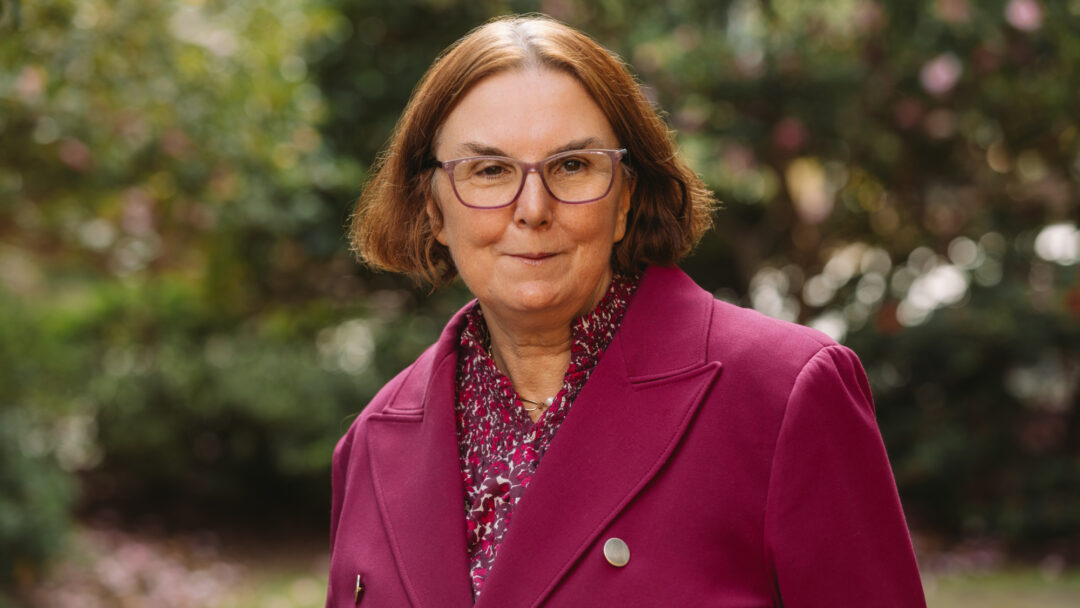
Brought to you by the Disability Media Australia, the Powerd Newswrap presents articles from the powerd.media website, along with discussions of the related topics.
Powerd NewsWrap 10th September 2025
Powerd NewsWrap by Emma Myers
10th September 2025
•14 mins
Audio
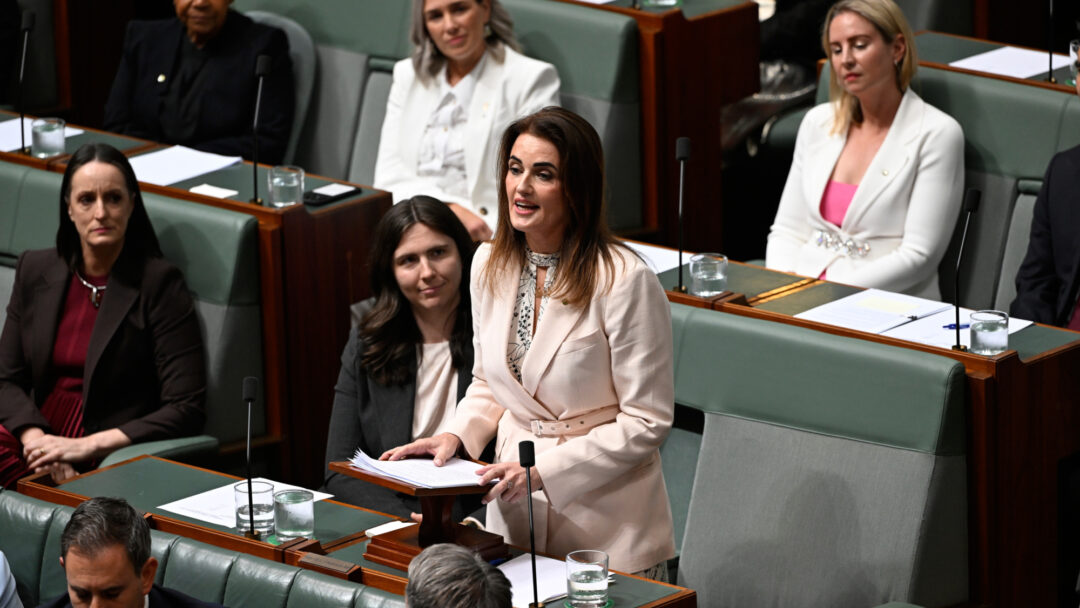
Brought to you by the Disability Media Australia, the Powerd Newswrap presents articles from the powerd.media website, along with discussions of the related topics.
Powerd NewsWrap 17th September 2025
Powerd NewsWrap by Emma Myers
17th September 2025
•14 mins
Audio
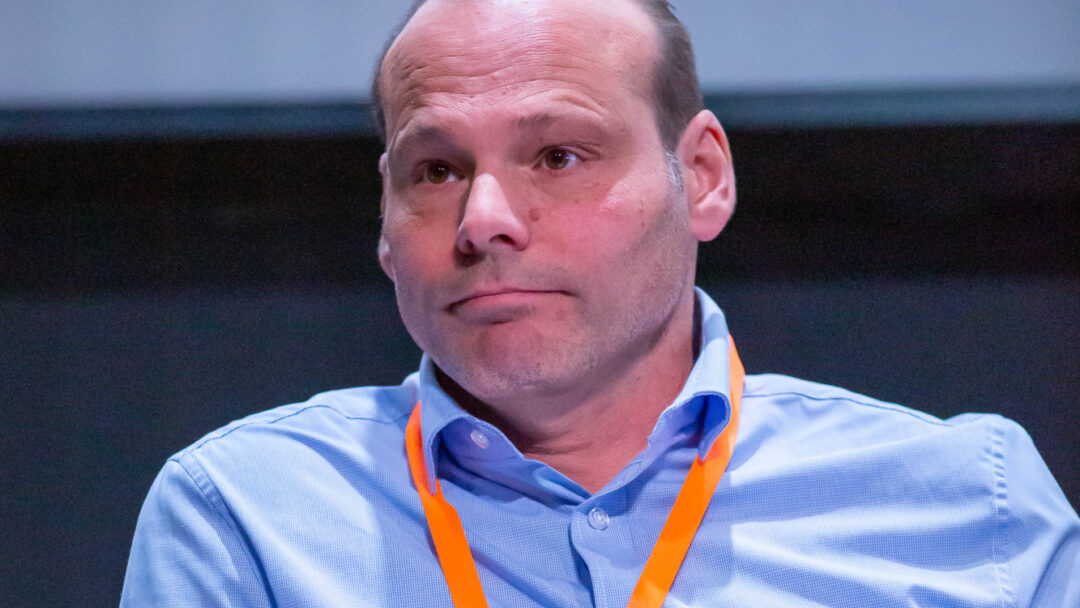
Brought to you by the Disability Media Australia, the Powerd Newswrap presents articles from the powerd.media website, along with discussions of the related topics.
Powerd NewsWrap 24th September 2025
Powerd NewsWrap by Emma Myers
24th September 2025
•15 mins
Audio
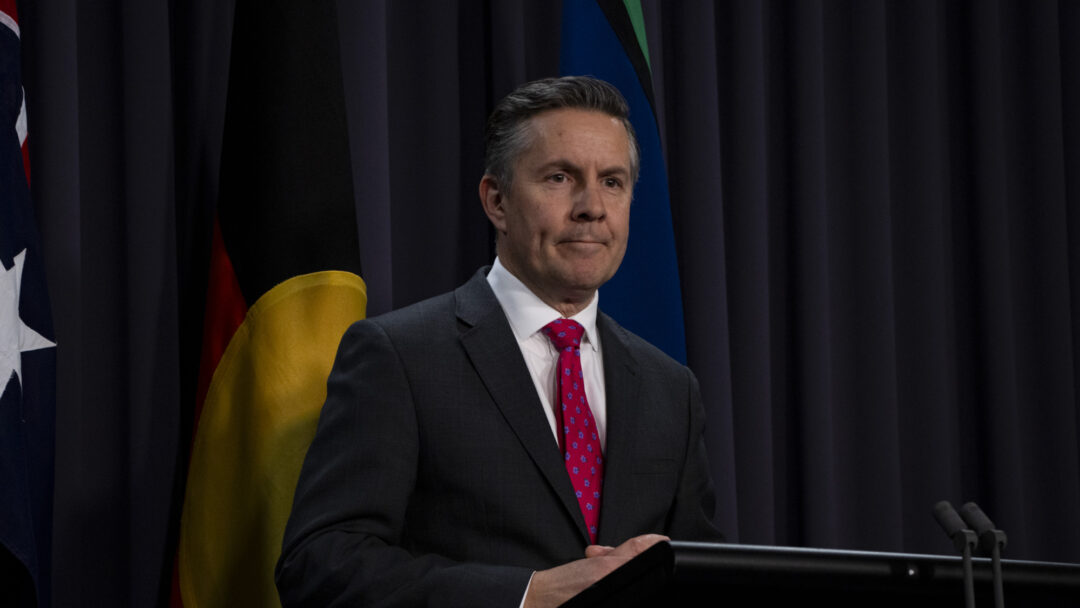
Brought to you by the Disability Media Australia, the Powerd Newswrap presents articles from the powerd.media website, along with discussions of the related topics.
Powerd NewsWrap 1st October 2025
Powerd NewsWrap by Emma Myers
1st October 2025
•14 mins
Audio
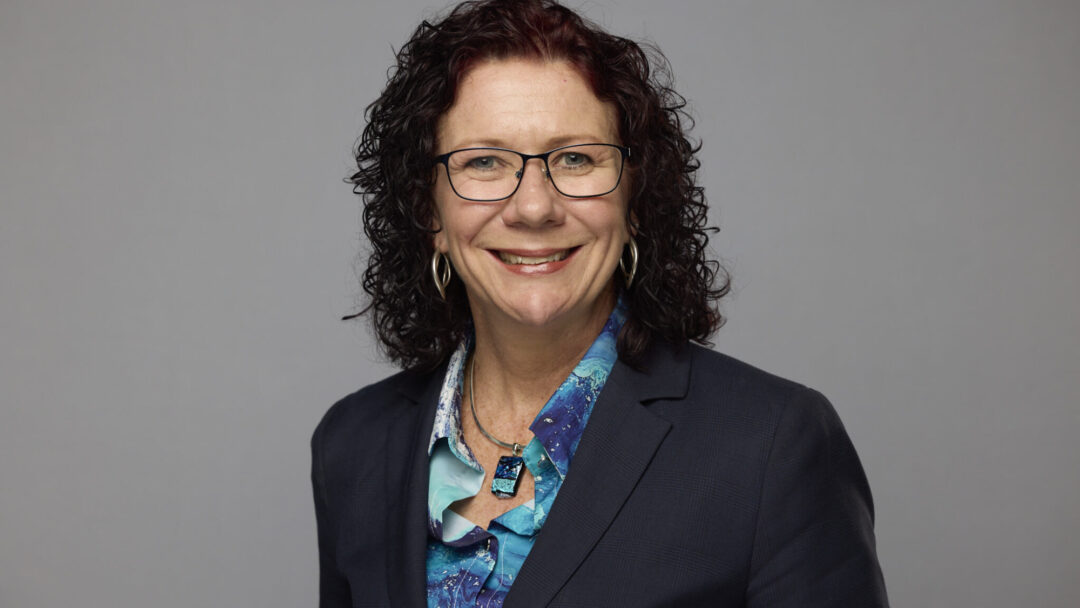
Brought to you by the Disability Media Australia, the Powerd Newswrap presents articles from the powerd.media website, along with discussions of the related topics.
Powerd NewsWrap 8th October 2025
Powerd NewsWrap by Emma Myers
8th October 2025
•14 mins
Audio
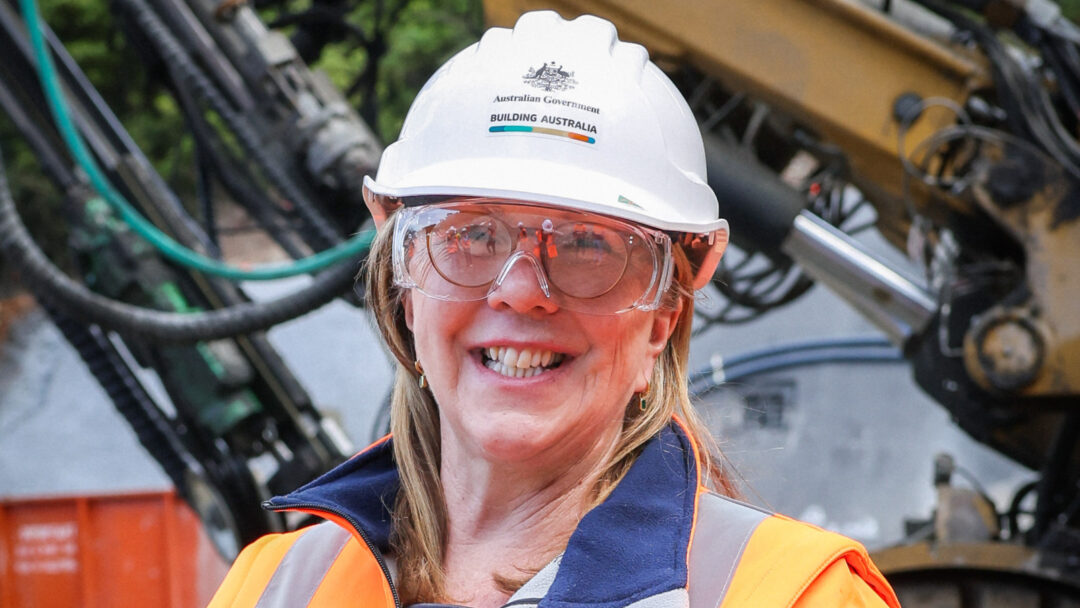
Brought to you by the Disability Media Australia, the Powerd Newswrap presents articles from the powerd.media website, along with discussions of the related topics.
Powerd NewsWrap 15th October 2025
Powerd NewsWrap by Emma Myers
15th October 2025
•15 mins
Audio
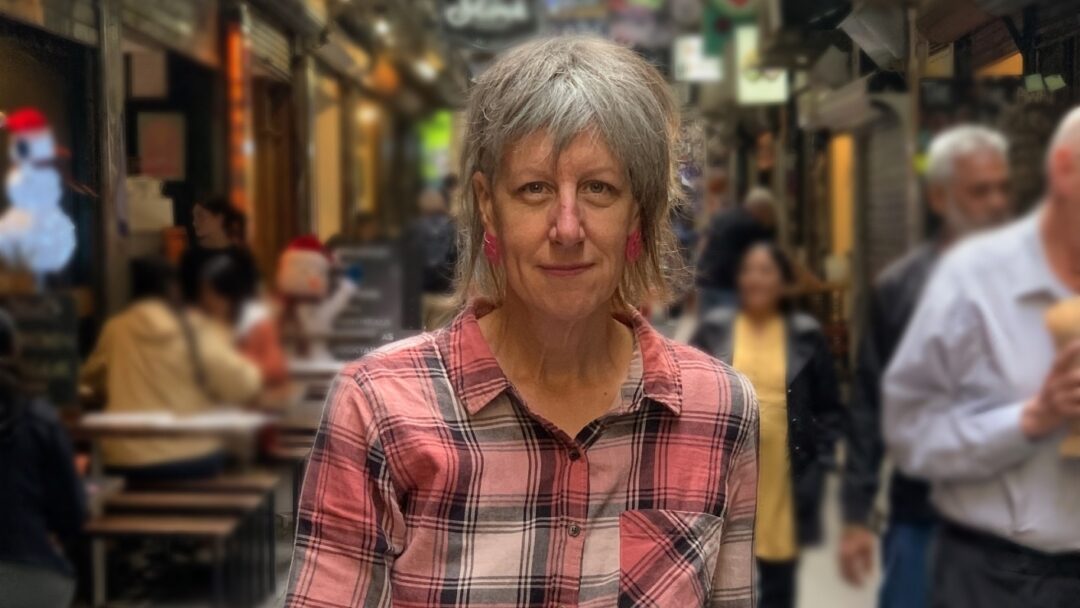
Brought to you by the Disability Media Australia, the Powerd Newswrap presents articles from the powerd.media website, along with discussions of the related topics.
Powerd NewsWrap 22nd October 2025
Powerd NewsWrap by Emma Myers
22nd October 2025
•15 mins
Audio

Brought to you by the Disability Media Australia, the Powerd Newswrap presents articles from the powerd.media website, along with discussions of the related topics.
Powerd NewsWrap 29th October 2025
Powerd NewsWrap by Emma Myers
29th October 2025
•17 mins
Audio

Brought to you by the Disability Media Australia, the Powerd Newswrap presents articles from the powerd.media website, along with discussions of the related topics.
Powerd NewsWrap 5th November 2025
Powerd NewsWrap by Emma Myers
5th November 2025
•15 mins
Audio

Brought to you by the Disability Media Australia, the Powerd Newswrap presents articles from the powerd.media website, along with discussions of the related topics.
Powerd NewsWrap 12th November 2025
Powerd NewsWrap by
12th November 2025
•14 mins
Audio
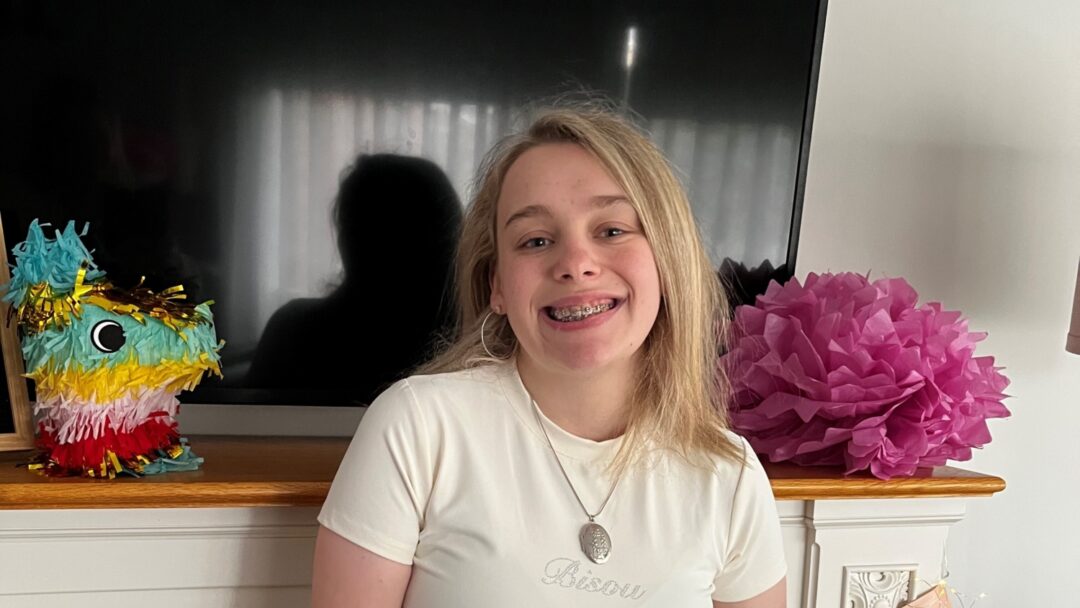
Brought to you by the Disability Media Australia, the Powerd Newswrap presents articles from the powerd.media website, along with discussions of the related topics.
Powerd NewsWrap 19th November 2025
Powerd NewsWrap by Emma Myers
19th November 2025
•14 mins
Audio

Brought to you by the Disability Media Australia, the Powerd Newswrap presents articles from the powerd.media website, along with discussions of the related topics.
Powerd NewsWrap 26th November 2025
Powerd NewsWrap by Emma Myers
26th November 2025
•15 mins
Audio
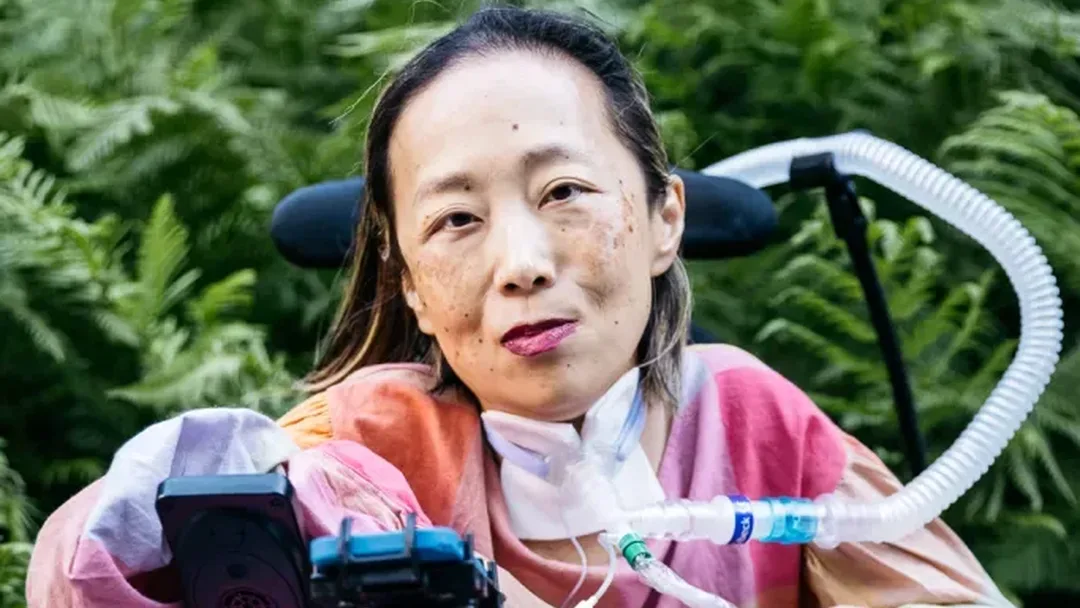
Brought to you by Disability Media Australia, the Powerd Newswrap presents articles from the powerd.media website, along with discussions of the related topics.
Powerd NewsWrap 3rd December 2025
Powerd Newswrap by Emma Myers
3rd December 2025
•15 mins
Audio

Brought to you by Disability Media Australia, the Powerd Newswrap presents articles from the powerd.media website, along with discussions of the related topics.
Powerd NewsWrap 10th December 2025
Powerd NewsWrap by Emma Myers
10th December 2025
•14 mins
Audio
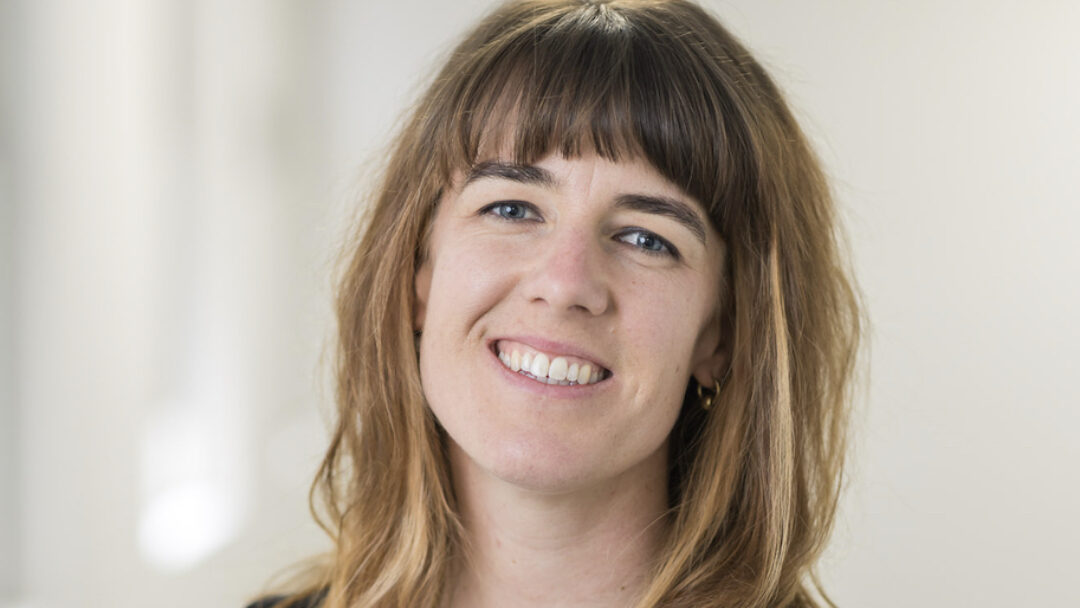
Brought to you by Disability Media Australia, the Powerd Newswrap presents articles from the powerd.media website, along with discussions of the related topics.
Powerd NewsWrap 17th December 2025
Powerd NewsWrap by Emma Myers
17th December 2025
•14 mins
Audio
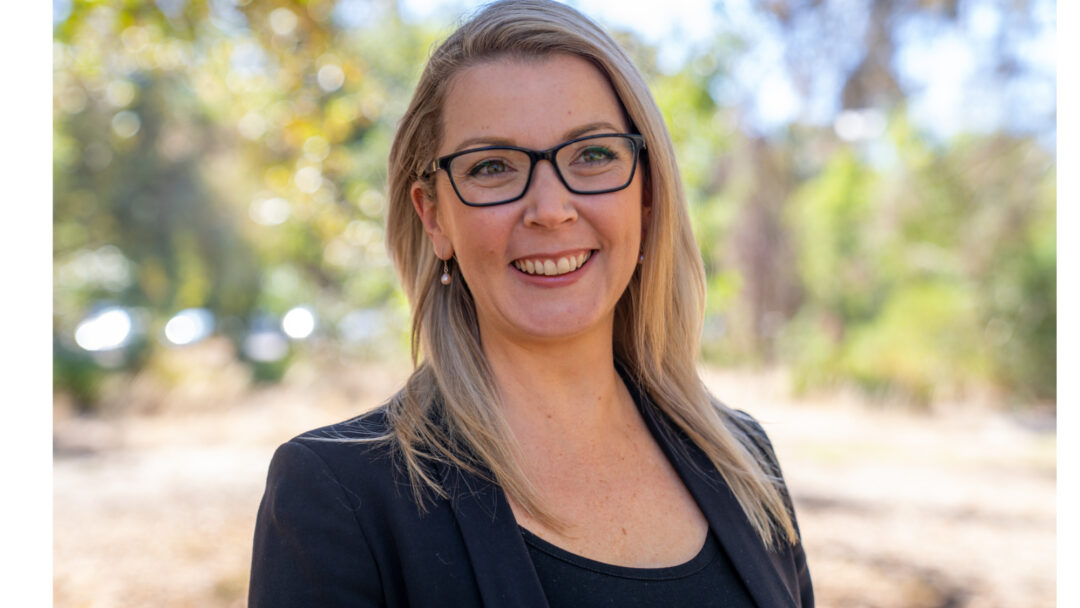
Brought to you by Disability Media Australia, the Powerd Newswrap presents articles from the powerd.media website, along with discussions of the related topics.
Powerd NewsWrap 7th January 2026
Powerd NewsWrap by Emma Myers
7th January 2026
•14 mins
Audio
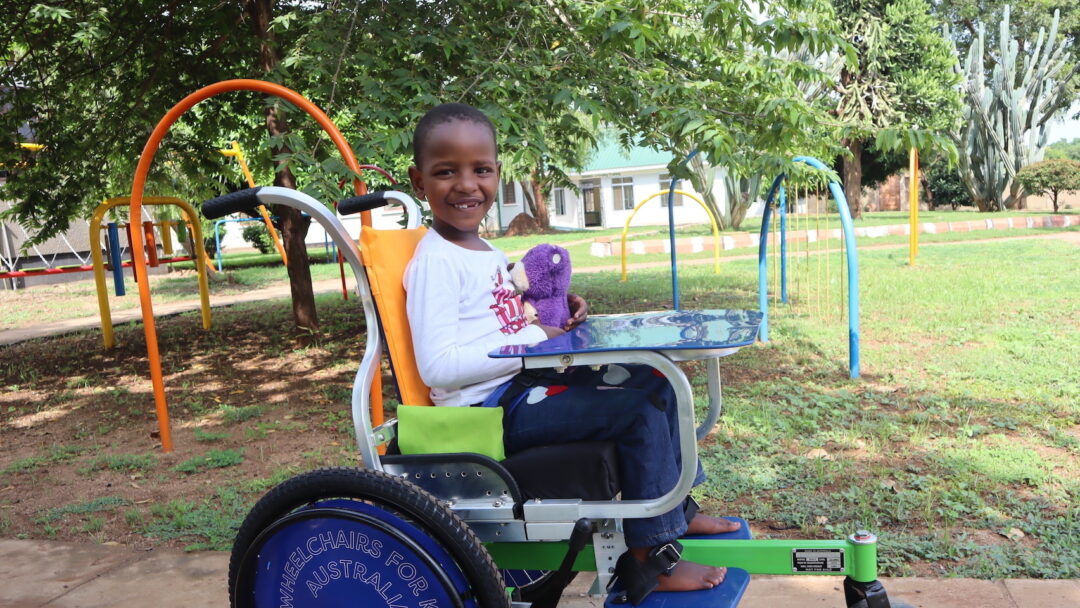
Brought to you by Disability Media Australia, the Powerd Newswrap presents articles from the powerd.media website, along with discussions of the related topics.
Powerd NewsWrap 14th January 2026
Powerd NewsWrap by Emma Myers
14th January 2026
•14 mins
Audio
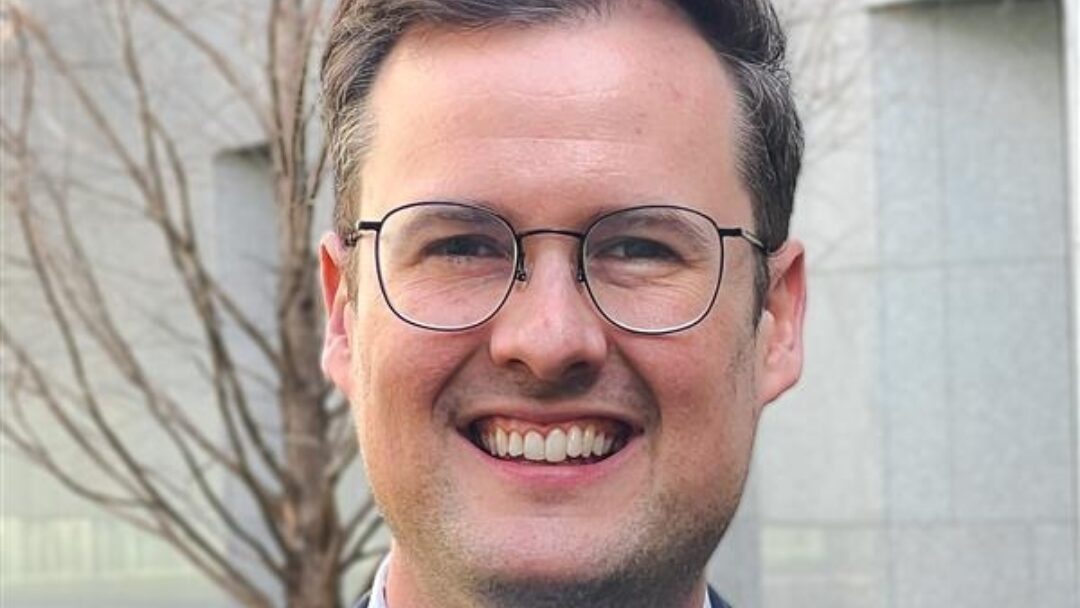
Brought to you by Disability Media Australia, the Powerd Newswrap presents articles from the powerd.media website, along with discussions of the related topics.
Powerd NewsWrap 21st January 2026
Powerd NewsWrap by Emma Myers
21st January 2026
•14 mins
Audio
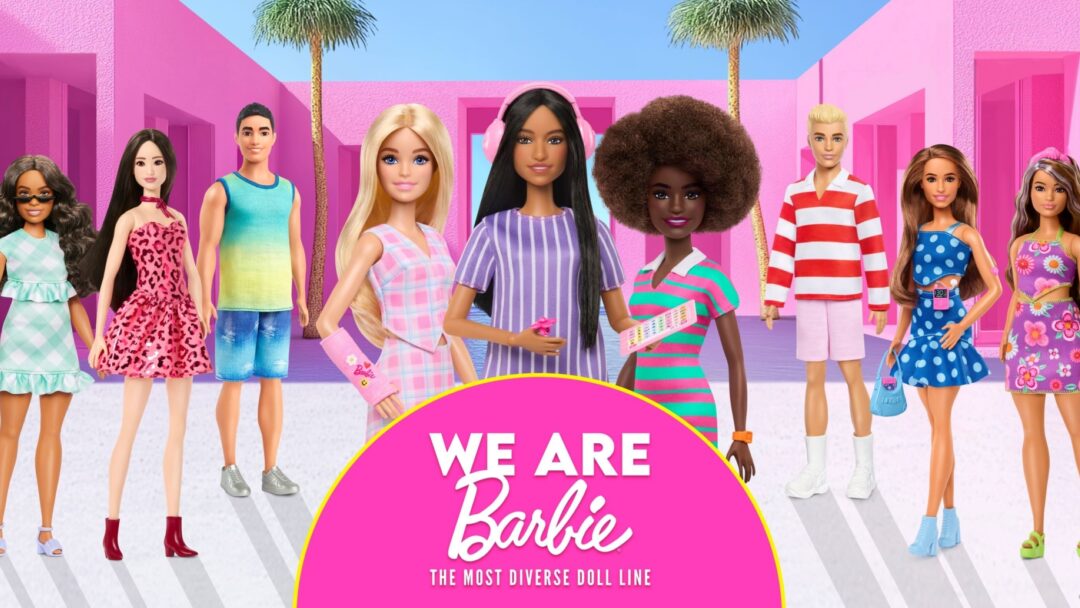
Brought to you by Disability Media Australia, the Powerd Newswrap presents articles from the powerd.media website, along with discussions of the related topics.
Powerd NewsWrap 28th January 2026
Powerd NewsWrap by Emma Myers
28th January 2026
•16 mins
Audio
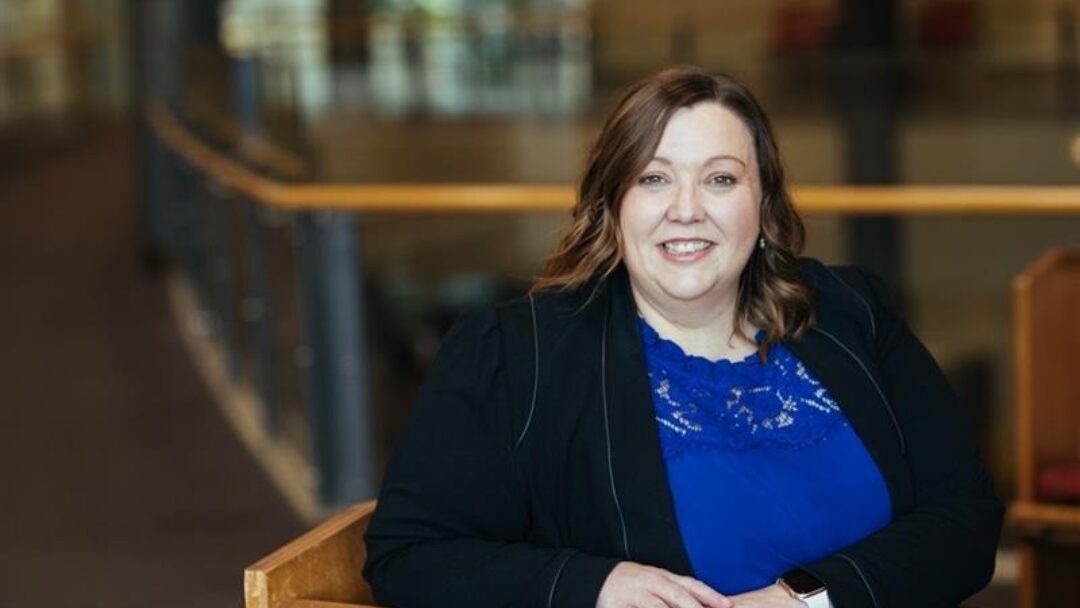
Brought to you by Disability Media Australia, the Powerd Newswrap presents articles from the powerd.media website, along with discussions of the related topics.
Powerd NewsWrap 4th February 2026
Powerd NewsWrap by Emma Myers
4th February 2026
Audio
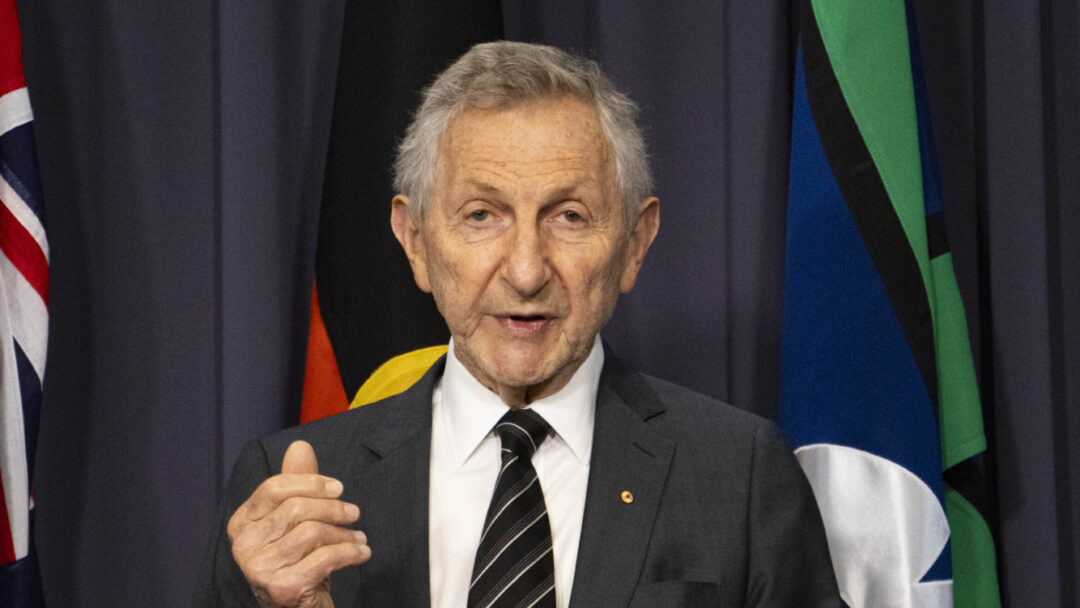
Brought to you by Disability Media Australia, the Powerd Newswrap presents articles from the powerd.media website, along with discussions of the related topics.
Powerd NewsWrap 11th February 2026
Powerd NewsWrap by Emma Myers
11th February 2026
•14 mins
Audio
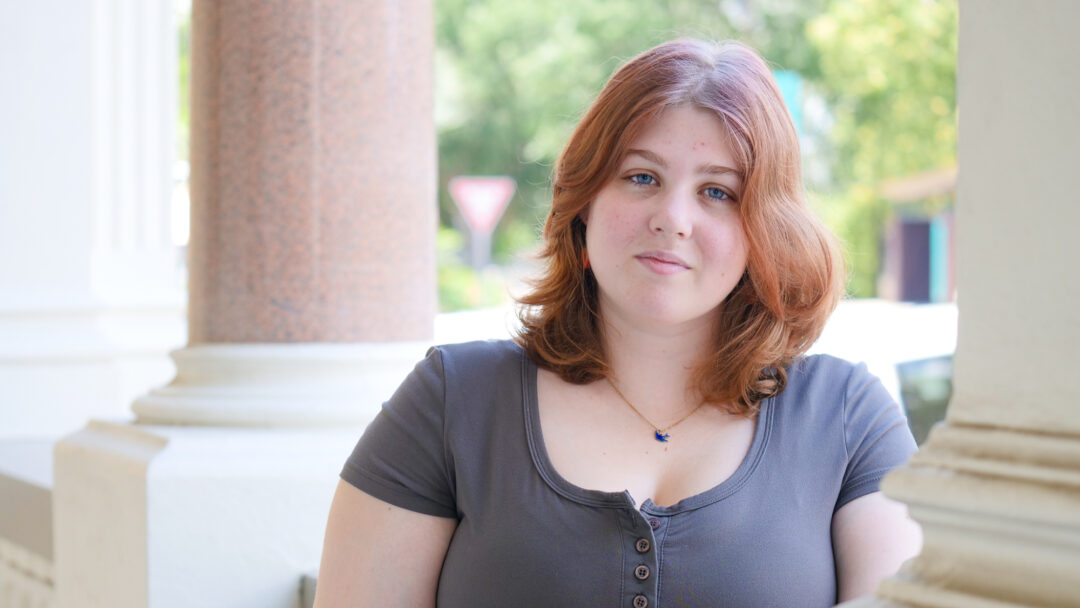
Brought to you by Disability Media Australia, the Powerd Newswrap presents articles from the powerd.media website, along with discussions of the related topics.
Powerd NewsWrap 18th February 2026
Powerd NewsWrap by Emma Myers
18th February 2026
•13 mins
Audio